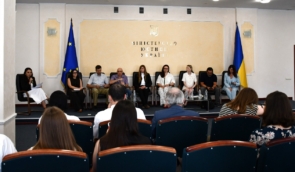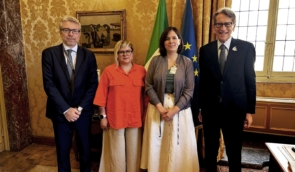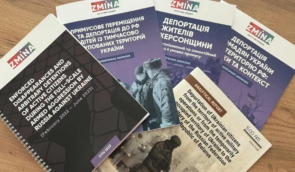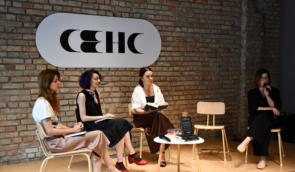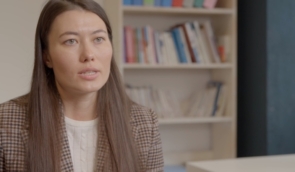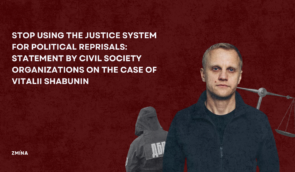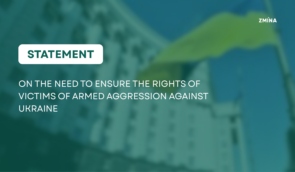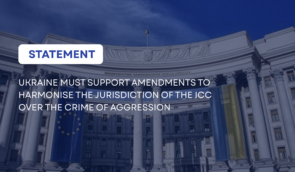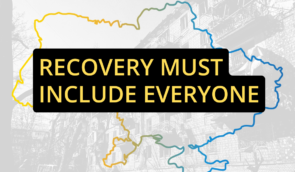Europe should not forget about Russian crimes: Ukrainian human rights defenders make advocacy visit to Czech Republic
On November 28-29, Ukrainian human rights defenders made an advocacy visit to Prague where they spoke about Russia’s war crimes, the mechanisms of holding the Russian Federation to account, as well as Ukrainian society’s sentiments about the war. The activity of Ukraine 5 AM Coalition which gathers information about Russian crimes was highlighted separately.
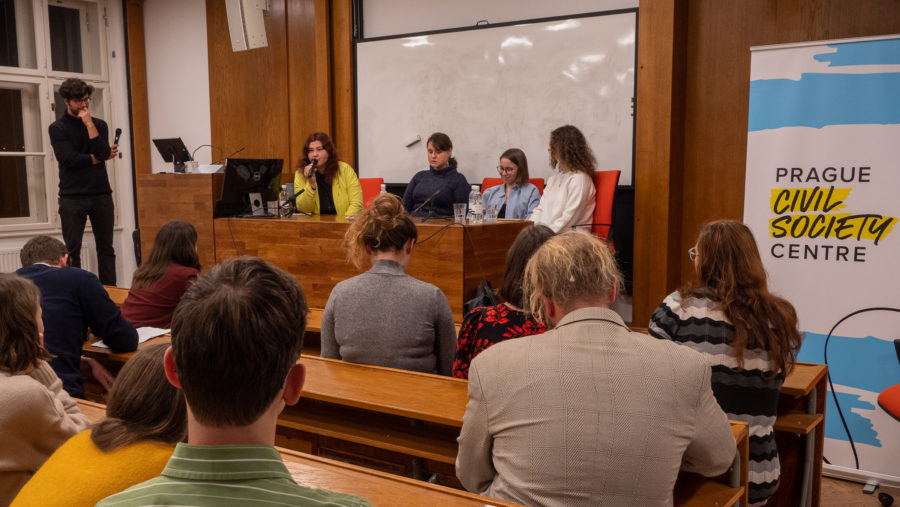
“On the first day, during the meeting with the representatives of the Ministry of Foreign Affairs of the Czech Republic, we talked about the Russian crimes and why the political forces of European countries need to raise awareness of their voters about the cause-and-effect relationship between Russian gas blackmail and growing gas prices for end consumers, between the deliberate destruction of Ukrainian infrastructure and the threat to the lives of millions of Ukrainians who may die not only from a Russian projectile or rocket but also freeze to death without heating, water and electricity every minute,” said Natalia Okhotnikova, a researcher at Human Rights Centre ZMINA.
Natalia Okhotnikova and experts at the Regional Center for Human Rights, Daryna Pidhorna and Ksenia Korniyenko, shared the Coalition’s experience in documenting war crimes and called on the Ministry representatives to continue putting pressure on the international community regarding the need for new sanctions packages that will stop the free movement of Russian money and its owners across Europe and the world.
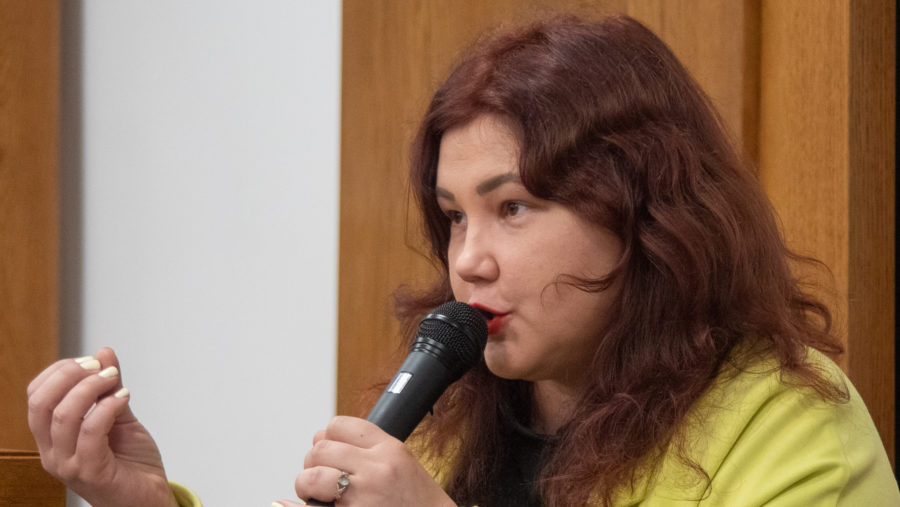 Natalia Okhotnikova
Natalia OkhotnikovaIn the evening of the same day, another Ukrainian human rights defender, Oleksandra Romantsova from the Center for Civil Liberties joined the participants in the Fight for Justice public discussion on Russian war crimes in Ukraine which took place at the oldest university in Central Europe, Charles University. The participants talked about mass graves of executed civilians and torture chambers discovered after the de-occupation of Kherson city; about volunteers, activists, bloggers, representatives of local self-government bodies who were unlawfully detained by Russian troops and thrown into Kherson torture chambers, and some of them were forcibly taken to the temporarily occupied Crimea or mainland Russia. The participants also discussed where to find the strength to document war crimes, realizing that accountability through the International Criminal Court is very slow, and only few high-ranking Russian officials and commanders will be on trial (if it happens) which does not correspond, in the opinion of the Ukrainian society, to the principle of justice and the inevitability of punishment.
The second day was devoted to several interviews to the leading Czech media, as well as a meeting with František Štambera who spoke about the current projects of Post Bellum – a non-governmental, non-profit organization that documents the memories of witnesses of important historical phenomena and events of the 20th century.
For the first time, contrary to its name [the literal translation of the organization’s name is “After War”], the organization started collecting stories of Ukrainians who suffered from Russian aggression, without waiting for the end of the war, because it understands how important it is to preserve first-person stories and not to lose the smallest details what Ukrainians have to go through due to the war unleashed by Russia in 2014.
During the interviews and meetings, Natalia Okhotnikova told her interlocutors the relevant information regarding the situation of enforced disappearances of active Ukrainian citizens. She noted that as of the end of November 2022, ZMINA had documented 386 cases of such abductions in the newly occupied territories. However, there are reasons to suspect that this list is not exhaustive as the organization’s hotline and messengers receive reports of new abduction cases almost every day.
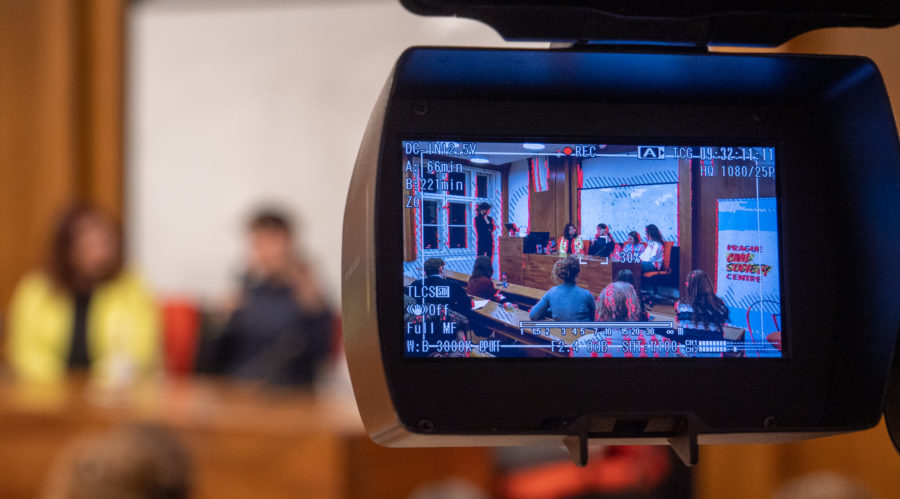
The program of the visit was organized by the Prague Civil Society Centre.
As a reminder, Ukraine 5 AM Coalition has been documenting war crimes since the beginning of Russia’s full-scale invasion of Ukraine. To date, more than 30 NGOs and individual experts are Coalition members.
If you have found a spelling error, please, notify us by selecting that text and pressing Ctrl+Enter.

